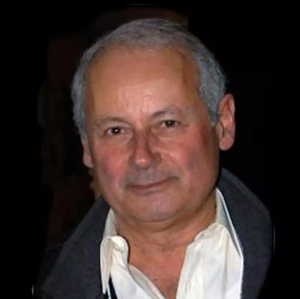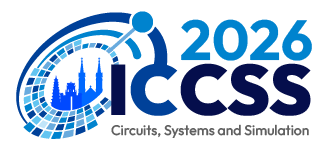Keynote Speakers

Prof. Andrei Vladimirescu
IEEE Fellow
University of California at Berkeley, CA, USA
Biography: Andrei Vladimirescu (F’17) received the M.S. and Ph.D. degrees in EECS from the University of California at Berkeley, Berkeley, CA, USA.,He was a key contributor to the SPICE simulator at the University of California at Berkeley, releasing the SPICE2G6 production-level SW in 1981. He pioneered electrical simulation on parallel computers with the CLASSIE simulator as part of his Ph.D. He has authored a book The SPICE Book (J. Wiley, 1994). For many years he was the Research and Development Director leading the design and implementation of innovative software and hardware Electronic Design Automation products for Analog Devices Inc., Daisy Systems, Analog Design Tools, Valid Logic, and Cadence Design Systems. He is currently a Professor involved in research projects with the University of California at Berkeley, the Technical University of Delft, Delft, The Netherlands, the Institut Supérieur d’Electronique de Paris, Paris, France, and a Consultant to industry. His current research interests include in the areas of ultra-low-voltage CMOS, design, simulation and modeling of circuits with new devices and circuits for quantum computing.
